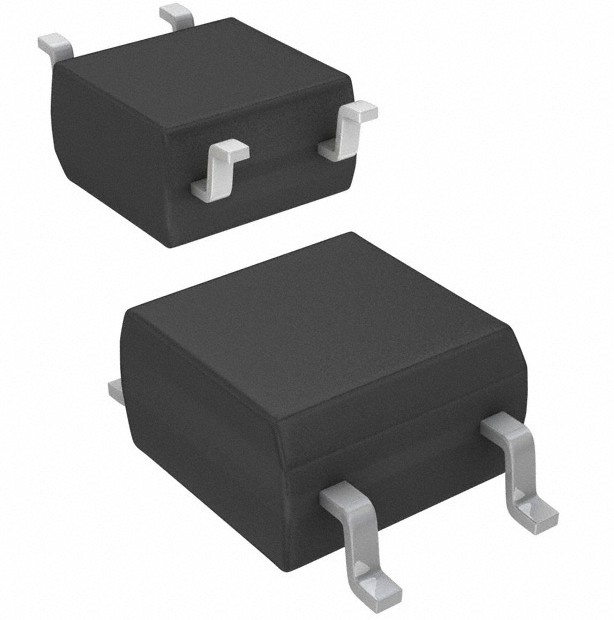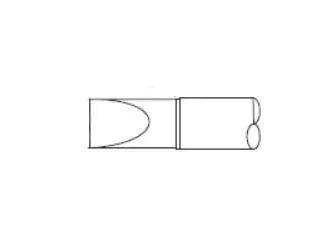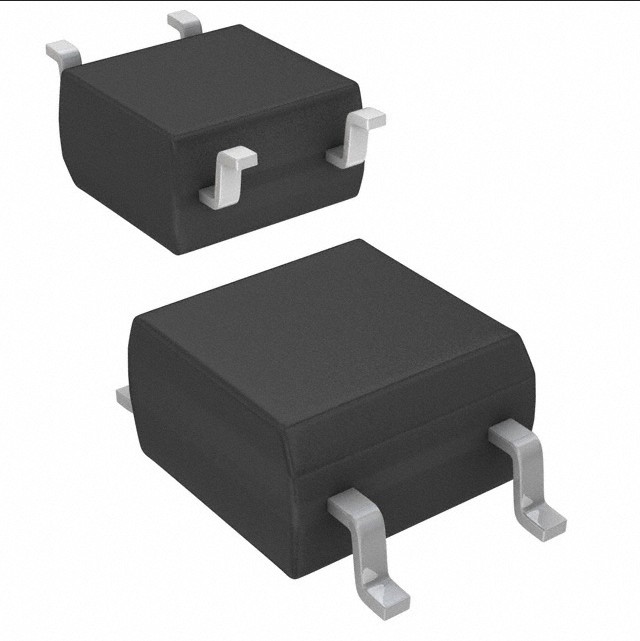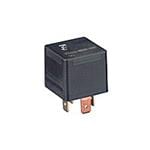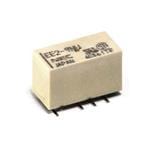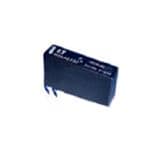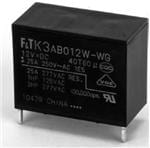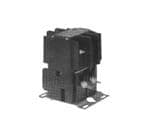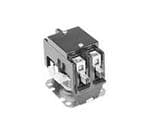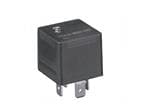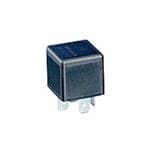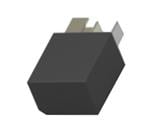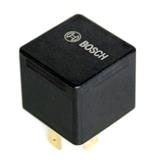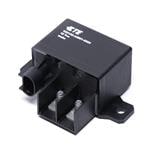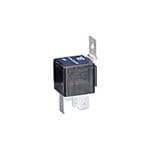
A relay is an electrically operated switch used in many different electrical applications. It is used to control the function of a circuit, such as turning a light on or off. In the automotive industry, relays are used to control various electrical components, such as headlights, starter motors, and fuel pumps. The different types of relays, the relays wholesale supplier, the different contacts and types of loads and the various uses of relays are discussed in this article.
Introducing: relays
A relay is an electrical switch that uses an electromagnet to open and close the switch, controlling the flow of electricity. Relays control high voltage or current circuits with lower voltage or current signals, such as a switch or computer output. They are commonly used to control a circuit from a distance, allowing for greater flexibility and safety, as well as allowing for the automation of processes. Relays are used in various applications, including controlling motors, lighting, and even home automation systems.
The Basics of How a Relay Works
Relays are the most elementary, yet important, components of any electrical or electronic system. They are designed to control the flow of electricity in the system by switching a circuit on and off, or by connecting and disconnecting two or more circuits.
The mechanism of a relay is based on the principle of electromagnetic induction. It works by using an electromagnet to operate the switch inside the relay. When the electromagnet is energized, it creates a magnetic field that moves the switch, thus controlling the circuit.
Understand the Different Types of Relays and Their Applications
Relays are electrical devices used to control other electrical devices. There are many types of relays, each with different applications. The several types of relays available include mechanical relays, electromechanical relays, reed relays, and solid-state relays.
-
Mechanical relays
Mechanical relays are electromechanical switches that are used to control electrical circuits. They are composed of an electromagnet, a set of contacts, and a spring. When an electrical current is applied to the electromagnet, it causes the contacts to open or close, thus controlling the flow of electricity.
These relays are a reliable and cost-effective solution for many industrial applications. They are commonly used in control circuits, protection circuits, and switching applications. Mechanical relays offer several advantages over other types of relays, such as solid-state relays, including their durability, high switching frequency, and low cost.
-
Electro-mechanical relays
An electromechanical relay is an electromechanical switch used to control electrical circuits. It consists of an electromagnet, a coil of wire that creates a magnetic field when current passes through it, and a set of contacts that open or close as the magnetic field changes.
Electromechanical relays are widely used in industrial applications due to their robustness and long-term reliability. However, the accuracy of their operation can be affected by several factors, such as the environment, aging, and mechanical wear.
-
Reed relays
Reed relays are small, contact-based devices that open and close electrical circuits. They are used in a wide range of applications, from computers and automotive systems to switchboard controls and medical equipment. Moreover, Reed relays are an important component in many electronic systems. They provide some benefits over traditional mechanical relays, including longer life, lower power consumption, and faster switching. In addition, they are smaller and more reliable than their mechanical counterparts.
-
Solid-state relays.
Solid state relays are a type of electrical relay that use semiconductor switching devices instead of mechanical contacts. These relays are an essential component for many industrial and commercial applications. They provide superior performance, reliability, and safety when compared to traditional mechanical relays. Furthermore, they offer a variety of features, such as faster switching, higher voltage and current ratings, and lower power consumption.
They are widely used in a variety of industrial and consumer applications, from controlling lighting to providing efficient power control for motors, pumps, and other industrial equipment
The Advantages of Relays in Electrical Systems
Relays are useful and versatile components that provide many benefits when used in an electrical circuit. They can help to increase safety by isolating high-voltage circuits, help to control multiple circuits and provide protection against overloads and short circuits. Furthermore, they can reduce power consumption, minimize noise, and help to optimize efficiency.
- Automation: Relays are an important part of automation, and they offer a wide range of benefits for a variety of applications. From increased safety and efficiency to improved accuracy, relays can be an invaluable tool for industrial and commercial automation. Relays are an integral part of automation and are used in many different industries, from manufacturing to transportation.
- Safety: Relays are devices that help to control electrical circuits and protect them from damage due to overcurrent, overload, and short circuits. In the home, relays can help to improve safety by allowing you to control the power of different appliances and equipment. This can help to reduce the risk of fire, electric shock, and other dangers associated with electricity.
- Improved reliability: Relays are a key component in any electrical system, and can greatly improve its reliability. Relays can be used to protect sensitive components from excessive current, to provide power to multiple circuits, and to switch power on and off safely and efficiently.
Why Relays Wholesale Suppliers are Essential for Your Business?
A relays wholesale supplier is an invaluable source of parts, components, and equipment when it comes to electrical and electronic projects. These suppliers provide electrical components that are needed for numerous electrical system applications. These components are used in industrial and commercial applications, such as motor controls, heating and air conditioning, and other types of machinery. Selecting the right relay wholesale supplier is essential for ensuring the quality of the components being used.
Bottom line
EASYIEE Relay is a leading wholesale supplier of relays, switches, and other components. The company offers competitive prices, reliable products, and excellent customer service. EASYIEE Relays has a wide selection of products, making them the perfect choice for any business looking to buy in bulk. So, what are you waiting for? Buy now.



